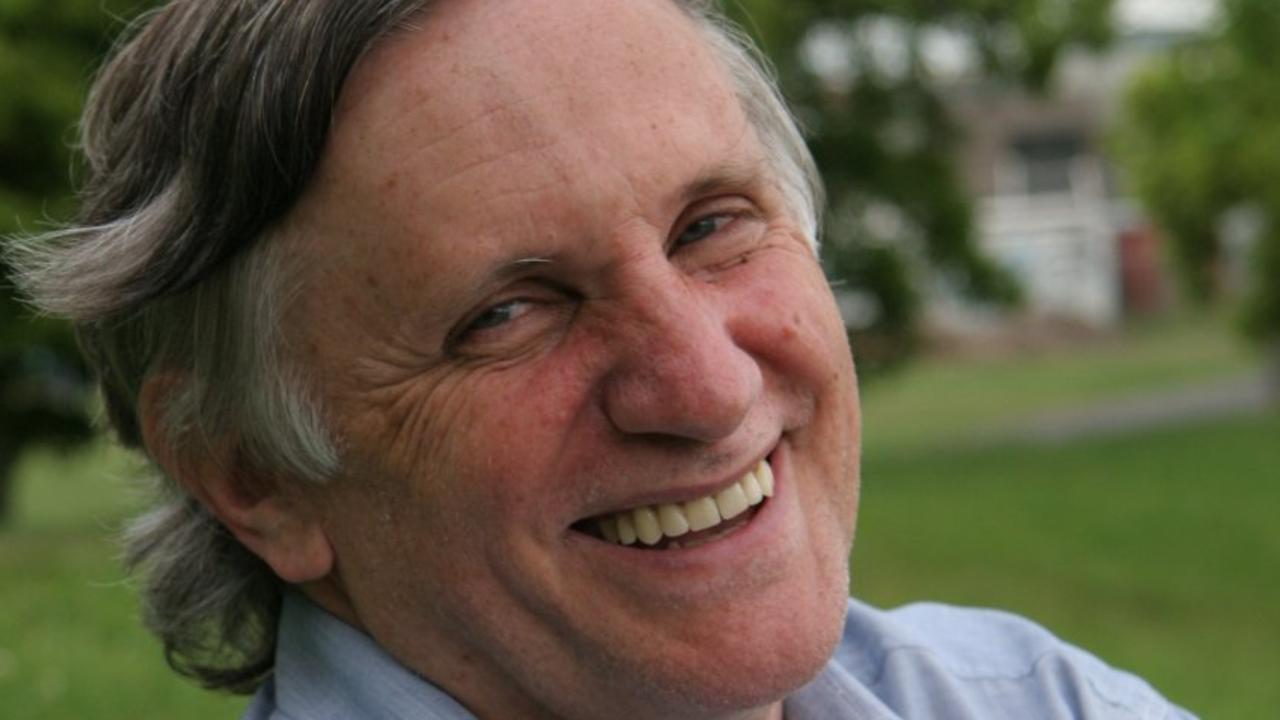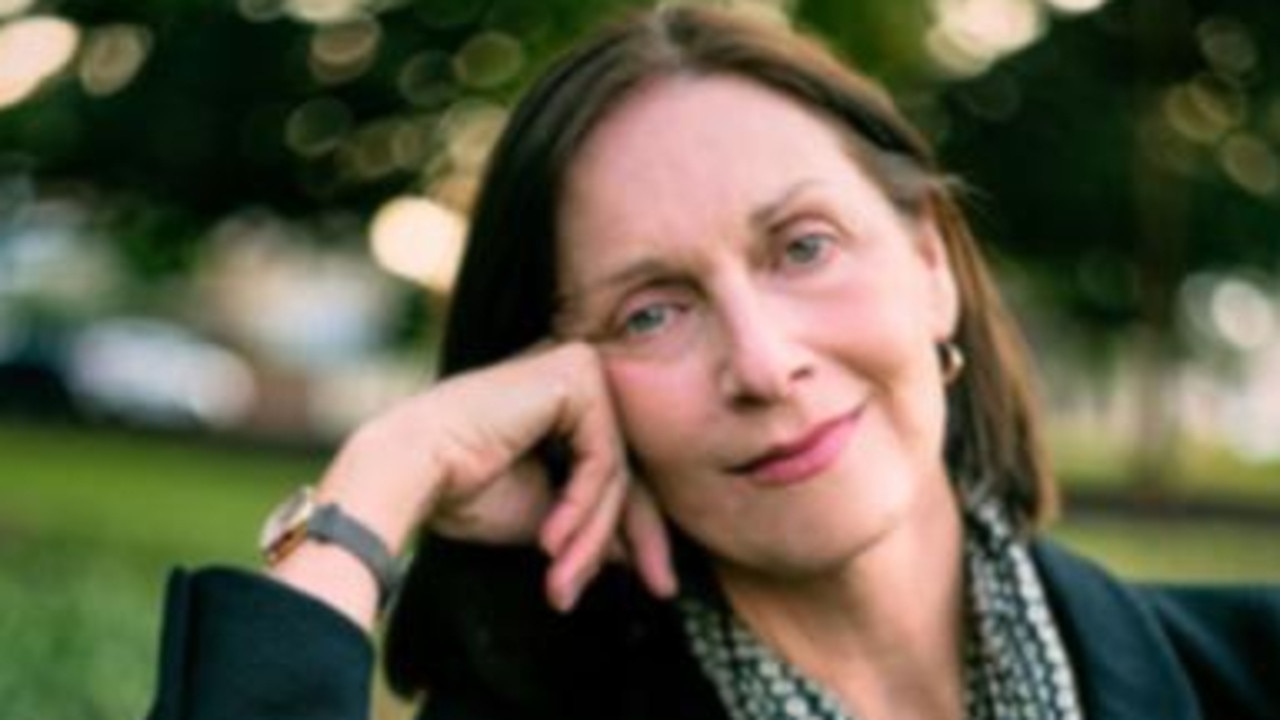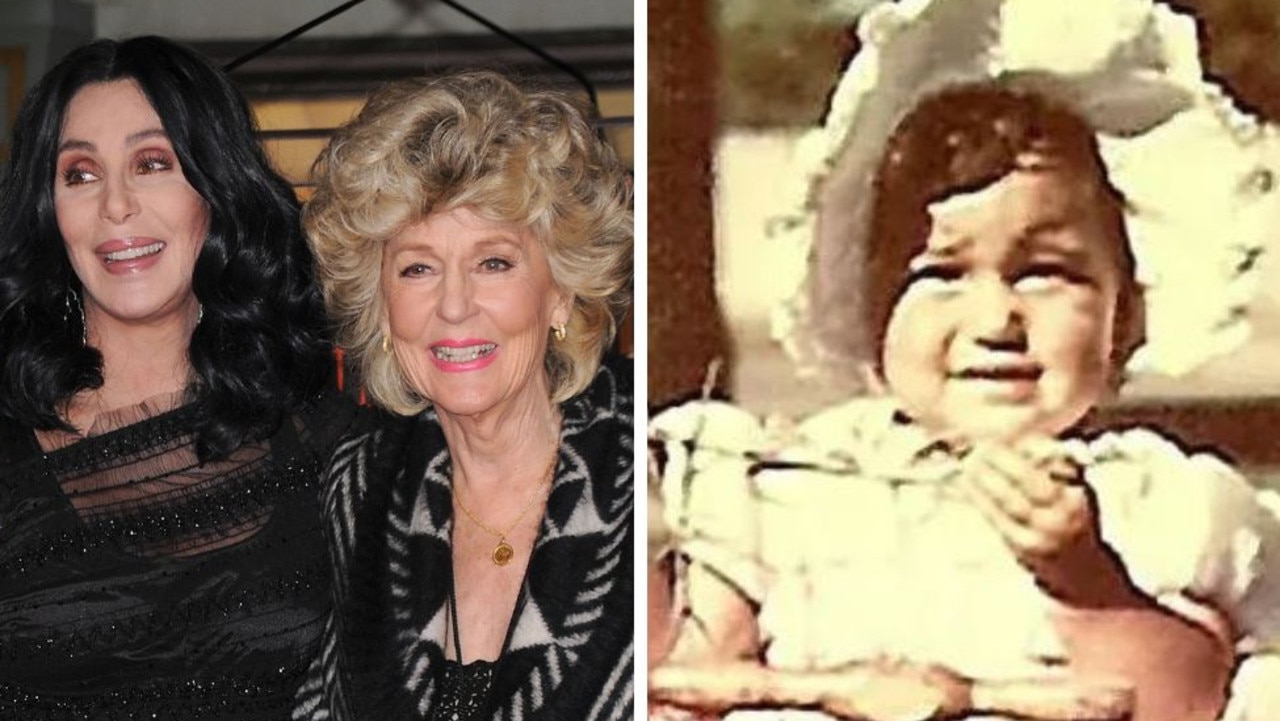Divorce and all its pain
CAROLINE Overington examines the Family Court and the rights of the child in her latest novel.
IN MUCH the same way as American Jodi Picoult chooses hot-button issues for her novels, Caroline Overington has homed in on Australia's social welfare system to galvanise readers.
She has written three novels that tug at the heartstrings and challenge complacency about a system that repeatedly fails to protect the rights of the child.
A journalist for more than 20 years, she has turned to fiction to "get closer to the truth". Her first two novels, Ghost Child and I Came to Say Goodbye, dealt with child abuse, while her latest, Matilda is Missing , examines the Family Court.
"If I'm covering a court case for the newspaper, I have to stick closely to the judgment. I can't talk to either side, or to the grandparents. And I have to be careful not to identify anyone, especially the children, which means leaving quite a bit out," Overington says.
"I respect that - divorce is a private matter. In the novel, I am much more free."
Matilda is Missing is narrated by retired printer Barry, who watches as his hot-headed wife Pat publicly crusades for access to her grandchildren after her daughter-in-law bars her from seeing them.
Barry is given a unique view of the challenges that await his son Brian and Pat if a custody battle erupts when an old friend and former judge dies and entrusts the files of a Family Court case to him.
Filtered through Barry, the recordings of a court-appointed psychologist interviewing Softie Monaghan and Garry Hartshorn, who are fighting for custody of their daughter Matilda, are transcribed.
A two-time Walkley Award winner for investigative journalism, Overington says she needed a third party to tell the story so that both sides were presented.
"I didn't want to write from the point of view of the mother, or of the father. I wanted to keep it as balanced as possible," she says.
"Divorce and custody are highly political topics, with real anger and bitterness and passion on all sides, and I wanted to be neutral."
Matilda is Missing is a fictionalised amalgam of court cases Overington covered for The Australian.
"Each case is unique, of course, but there are some themes that keep coming up in the Family Court," she says. "It is rarely as clear cut as either side makes it out to be, and that is what I wanted to get across."
The book is set in Melbourne's western suburbs, and Overington drew on memories of growing up in Melton. "My first jobs in journalism were for the Melton Mail Express, Sunshine Advocate, Footscray Mail and Williamstown Advertiser," she says.
"I saw the inside of all the local court houses and police stations, pubs and many houses."
Being the mother of 11-year-old twins has given her the necessary insight into the challenges of parenthood.
"I now understand what an overwhelming, extraordinary responsibility it is, to have small humans who are completely dependent on you, to put a roof over their heads and feed and nurture and love them," she says.
Overington says the Family Court is "full of heartbreak, shattered dreams, torn children, bitter ex-wives, selfish or violent ex-husbands, and accusation and counter-accusation, and pain".
She hopes her book provokes discussion about divorce. "Is it too easy? Should we make it harder? What does divorce do to children? Should it be the absolute last resort?" she asks.
She says the "best" divorces are where both parents truly want the children to spend time with each of them in a fairly flexible, even friendly arrangement. "If only they weren't so rare."
Matilda is Missing, by Caroline Overington, Random House, rrp $32.95



